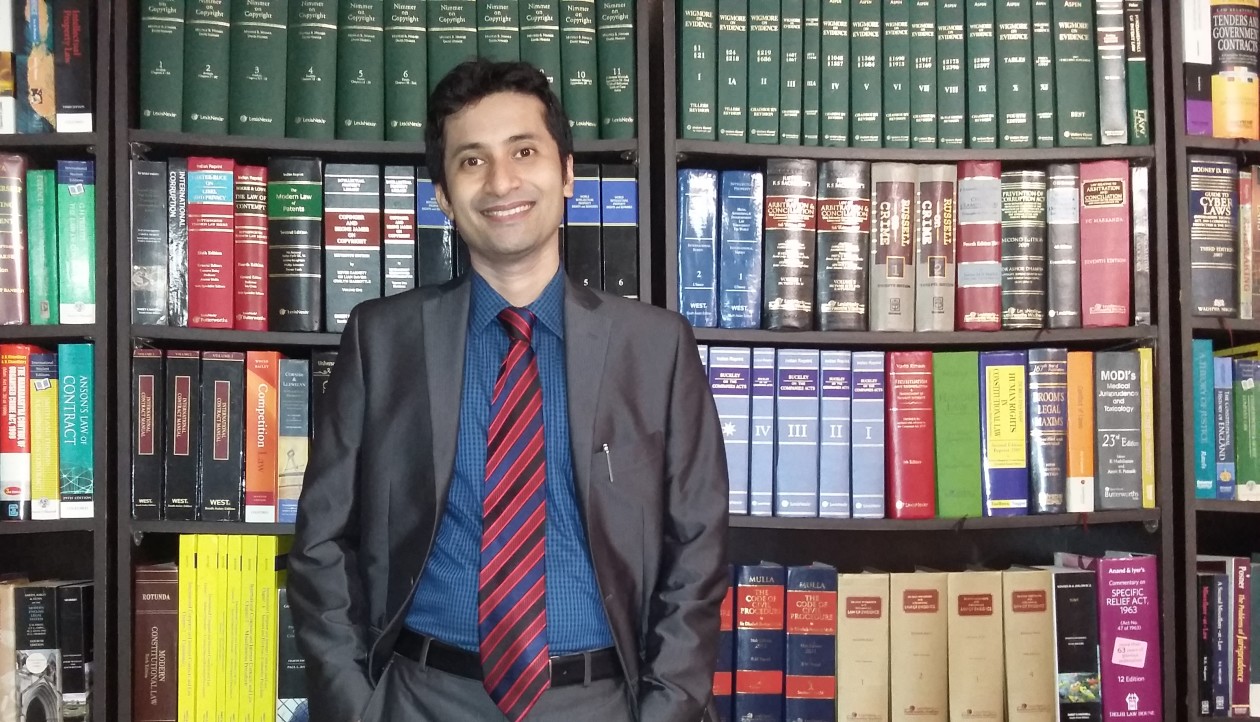The International Criminal Court has delivered its anticipated judgment in the Ntaganda case. The court has now convicted the warlord for his crimes. The case dealt with the alleged criminal conduct by Ntaganda in the Ituri region in the DRC between 2002 and 2003.
Ntaganda is a Rwandan born Tutsi and was raised in North Kivu in the DRC. He fled Rwanda to neighbouring Uganda to escape from the Hutu militia and participated in the overthrow of the Hutu-led Rwandan government which was responsible for the Rwandan genocide.
Bosco Ntaganda was the former Deputy Chief of the Staff and commander of operations of FPLC and he was charged of various war crimes including murder and attempted murder, attacking civilians, rape, sexual slavery of civilians, pillaging, displacement of civilians, attacking protected objects, destroying the enemy’s property, conscription of child soldiers under the age of fifteen years and using them to participate actively in hostilities and various counts of crimes against humanity, for acts allegedly committed in 2002-2003 in Ituri.
In the Eastern Congo region of Ituri, there were hostitlities between Hema and Lendu communities. Ntaganda served as the Deputy Chief of Staff of the Patriotic Forces for the Liberation of Congo (Forces Patriotiques pour la libération du Congo, FPLC), the armed wing of the Union of Congolese Patriots (Union des Patriotes Congolais, UPC) headed by Thomas Lubanga Dyilo. UPC, who launched an attack against the Lendu community in Ituri province.
Lubanga has been earlier found guilty in 2012 of the war crimes of enlisting and conscripting of children under the age of 15 years and using them to participate actively in hostilities and has been sentenced to a total of 14 years of imprisonment.
In the present case, the ICC observed that the crimes committed against the civilians were not the result of an uncoordinated and spontaneous decision of individual perpetrators acting in isolation, but were the intended outcome of the implementation of a policy which was actively promoted. Lendu population was specifically targeted as a part of a preconceived strategy. ICC thus held that the course of conduct took place pursuant to a policy of the UPC/FPLC to attack and chase away the Lendu civilians as well as those who were perceived as non-Iturians. ICC found beyond reasonable doubt that Ntaganda and other military leaders of the UPC/FPLC, including Lubanga and Kisembo, worked together and agreed in the common plan to drive out all the Lendu from the localities targeted during the course of their military campaign.
Ntaganda was held individually criminally responsible for murder as a crime against humanity (Article 7(1)(a)) and as a war crime (Article 8(2)(c)(i)), as a direct perpetrator (Article 25(3)(a)).
He has been convicted of various offences including intentionally directing attacks against civilians as a war crime, rape as a crime against humanity and as a war crime, as an indirect coperpetrator of women and girls, sexual slavery as a crime against humanity and as a war crime, pillage as a war crime, as an indirect co-perpetrator, in relation to the looting of items by UPC/FPLC soldiers, conscripting and enlisting children under the age of 15 years into an armed group between 2002 and 2003, and using them to participate actively in hostilities with respect to the participation of children under the age of 15.
This is a landmark conviction as it was the first trial where a commander was charged with rape and sexual violence committed against child soldiers under his command. Now he is the first man to be convicted for the crime of sexual slavery.
